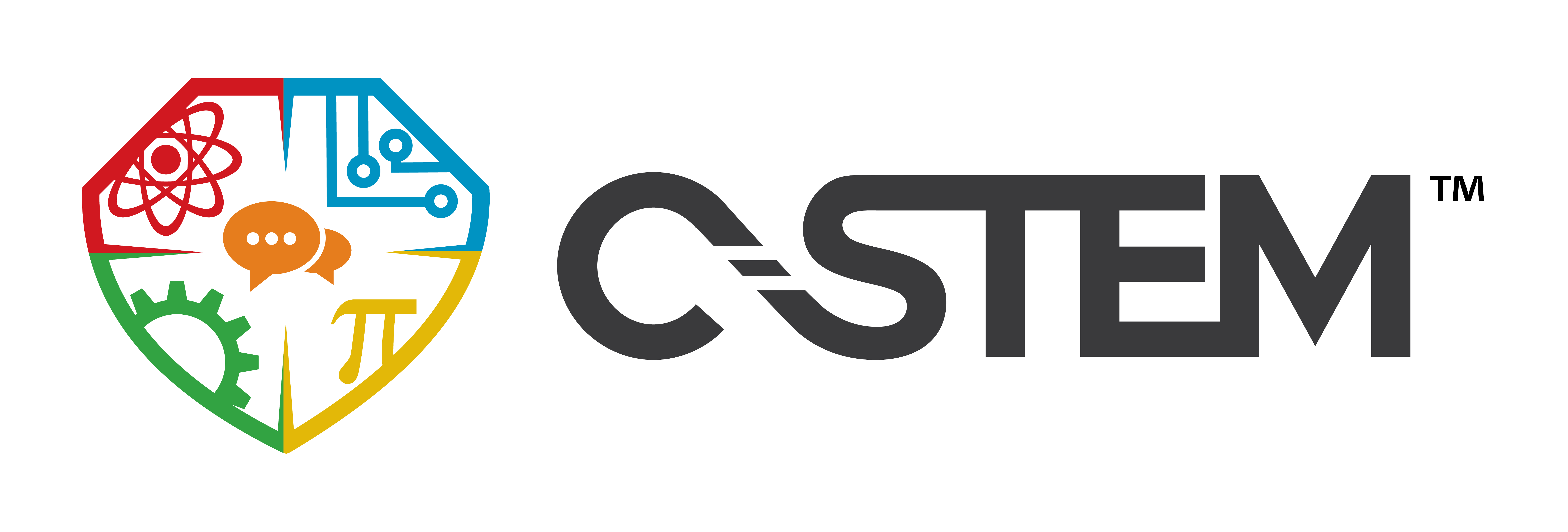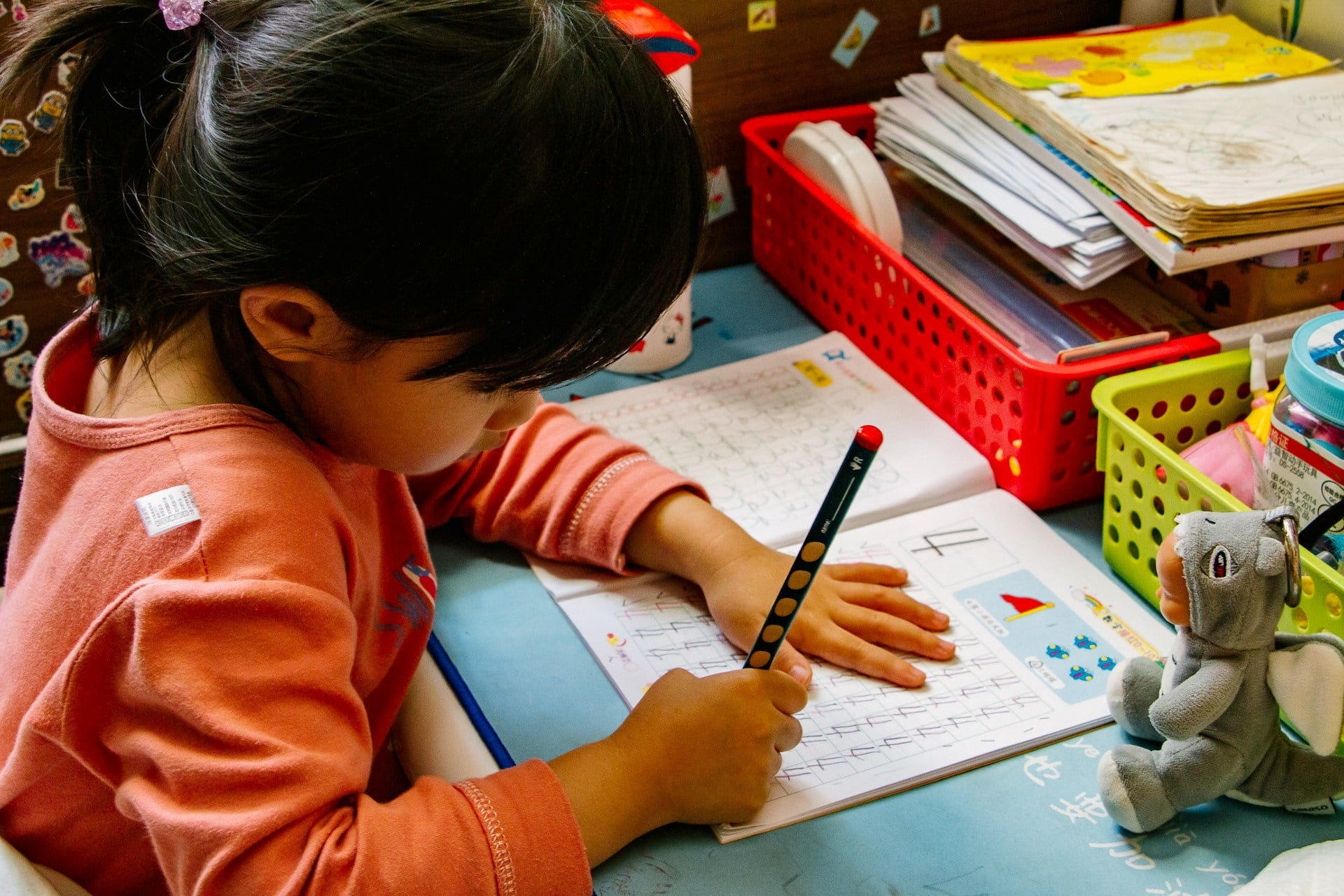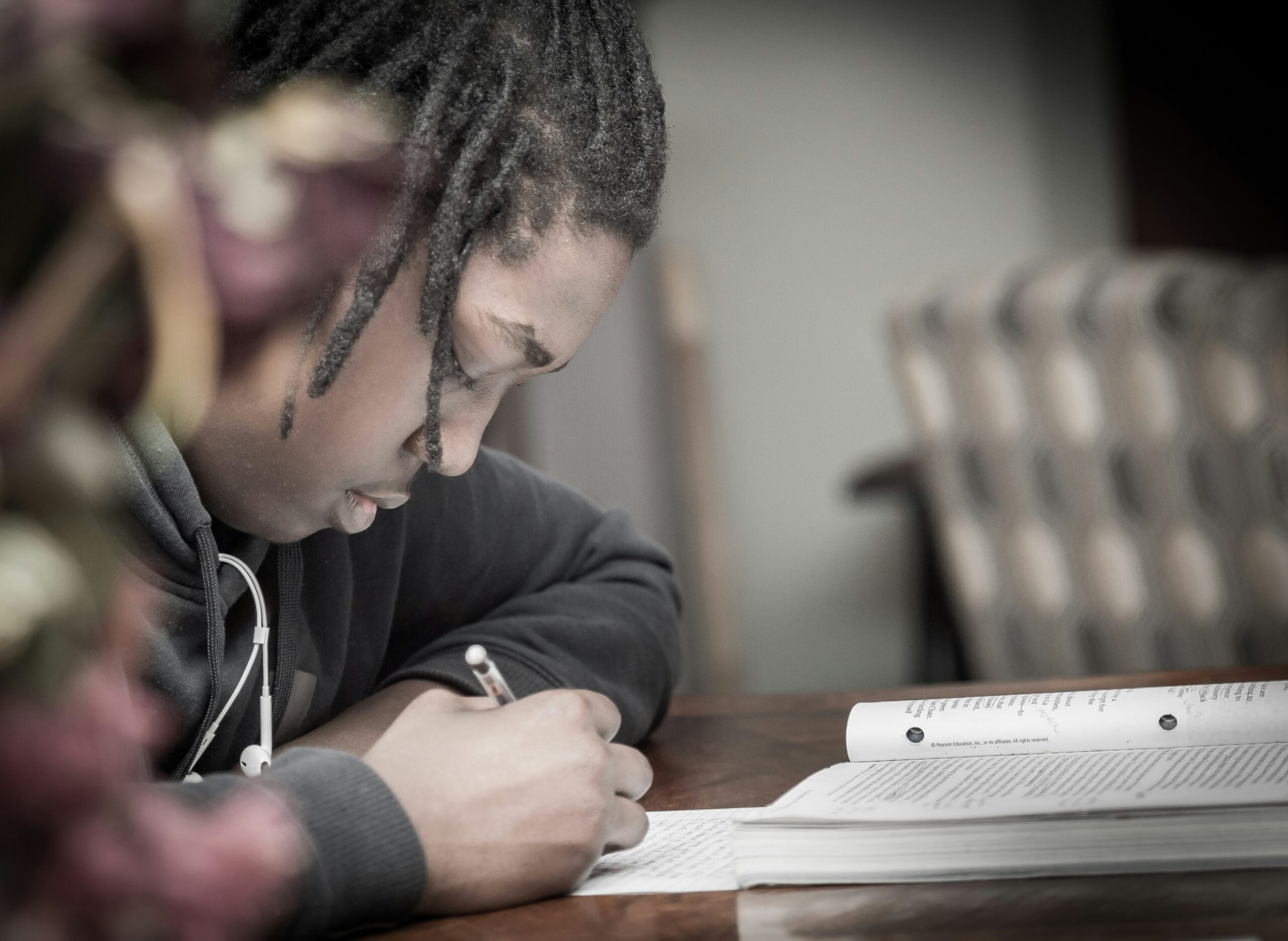Written by: Reagan Flowers, PhD
With the COVID-19 pandemic followed immediately by the escalation of the Black Lives Matter movement, everything has changed this year. Classrooms are operating with remote learning, and in some cases, there are students attending classes and others attending school from home. We are now re-examining how to address injustice and inequality in many facets of life, including education. Most people never thought these events would still be affecting our lives, but five months later, the world is still trying to figure out how to move forward.
Some of the changes these events have brought are good, while they have also opened curtains that have unveiled the inequality, disparity, and opportunity and economic gaps largely impacting Black American students. Trending recently have been actions taken by states to create an African American elective studies course for high school students. A badly needed and welcomed change. Particularly when the history, culture, economic impact, and political contributions of Black people in American History is grossly glossed over. This is a good step. Yet one has to wonder what plans are in store with updating required U.S. history courses, such that they more accurately teach America’s history. A Mexican American studies elective course was approved in 2018. How ironic it took the tragic murder of George Floyd to inspire a unanimous vote for an African American studies course for Texas schools. That is a great thing yet it is an elective– not a required course. With that being said, the verdict is still out as to whether students of other races will demonstrate an interest in taking the course, or whether Black students may opt out because of competing required courses for graduation. This is a small step that I hope leads to a giant leap. The systemic changes we need to see in public education requires that we do not undervalue Black Americans contributions nor the atrocities that have continued since the arrival of the first slave ship. After all, the students of today are the leaders of tomorrow. We must arm them with correct information, provide proper context and encourage them to not forget our history such that they themselves can continue to push for progress and change.
This month, I am taking a look at how current world events are affecting education, both in positive and negative ways. I’ll also discuss the opportunities these circumstances present, and what we must keep in mind as we work to get public education where it needs to be for all students.
Students Becoming Disengaged
I’ve already discussed how students are falling behind due to reduced curriculum, lack of resources, and inadequate assessments. The latest data is showing us that students are also falling behind because they are disconnected from their teachers.
When it comes to remote learning, some schools are discouraging teachers from speaking directly via phone or video conference, limiting engagement to email. Students do not have the ability to get their questions answered in a face-to-face format. Seemingly, this works at the high school level, but disconnected learning can be highly damaging to younger students. When you think about kindergartners through fourth graders, they have not yet developed learning styles, social skills or self-sufficient learning habits of mind. Younger students learn this in the classroom along their trajectory, and isolating them while they are learning at home apparently creates new learning gaps.
It is safe to say that some form of remote learning is going to continue throughout 2020-2021 and schools will need to create innovative modalities for higher engagement of student learning remotely. I know teachers are already stretched very thin, but it’s crucial now more than ever that teachers stay in constant contact with students to ensure they are not left behind. Something that is critically important for students in economically depressed communities.
The scales of justice and economics are not balanced when it comes to Black and Hispanic students. They have become disproportionately disconnected from their teachers. The structure provided students from physically attending school to that of attending school from home is not measuring up. Millions of students have been left behind, are disengaged and many applying their talents to matters that will detract from their future. The resource and economic gaps, are larger than many parents can overcome for their children.,
If these students are expected to successfully learn at home, they need additional support with structuring their day. They cannot be left to figure it out on their own or have the discipline to maintain structures without reminders. At a minimum, students require resources and structures that help with time management, communication skills, prioritizing, being organized, and seeking out additional help. This expands upon activities that teach locker organization and getting homework turned in on time, to teaching students how to sufficiently self-manage their own learning journeys.
Growth of African American Studies
Both COVID-19 and Black Lives Matter have called us to take another look at education. In a time of social justice, states and schools are responding to the need to update history courses/textbooks, etc. In fact, Texas recently approved an African American studies course that will be taught in high schools throughout the state.
This is a crucial piece of American history that has only previously been studied at the college level. Often times, by non-Black professors. Students of various backgrounds need to understand the great contributions of minorities in building this country. It is extremely empowering for young students to see people that look like them who have overcome tremendous odds with limited resources and made great strides in communication, science, technology, engineering, and mathematics. An expected outcome for students who take the African American Studies course is that they will be more accurately informed of their vast history, enlightened, and inspired to do great things.
That’s why we’re so excited at C-STEM to have the opportunity to build a traveling museum exhibit honoring the long-lasting legacy of African Americans in STEM, thanks to a generous grant from the 400 Years of African American History Commission.
Until recently, only a handful of states required teaching Black history in schools and there is no national standard. However, this is changing, and I look forward to seeing how history curriculum evolves to be more inclusive of all Americans, particularly Black Americans. At C-STEM, we will continue to support these efforts in every way possible.
Moving Forward
Since the beginning, our mission at C-STEM has been to level the playing field for students to excel in STEM fields. Though our cause is easy to support, it may be an abstract concept for many. However, the impact of COVID-19 on education has shed a much brighter light on the inequalities that exist.
When the world sees drastic change as it is now, we need to consider it an opportunity to re-examine equity, inclusivity, and diversity across the board. This includes both setting students up for success and inclusive curriculum.
We need to constantly ask ourselves how we can keep improving education. In the face of social unrest and a global pandemic, turning a problem into an opportunity is a key component of STEM. Together with parents, teachers and school systems I have hope that we will continue to step up as problem-solvers. A great place to connect for this is CSTEMbreak, our social network for discussing education and sharing ideas. We’d love for you to join us there and help us build the future of education.







